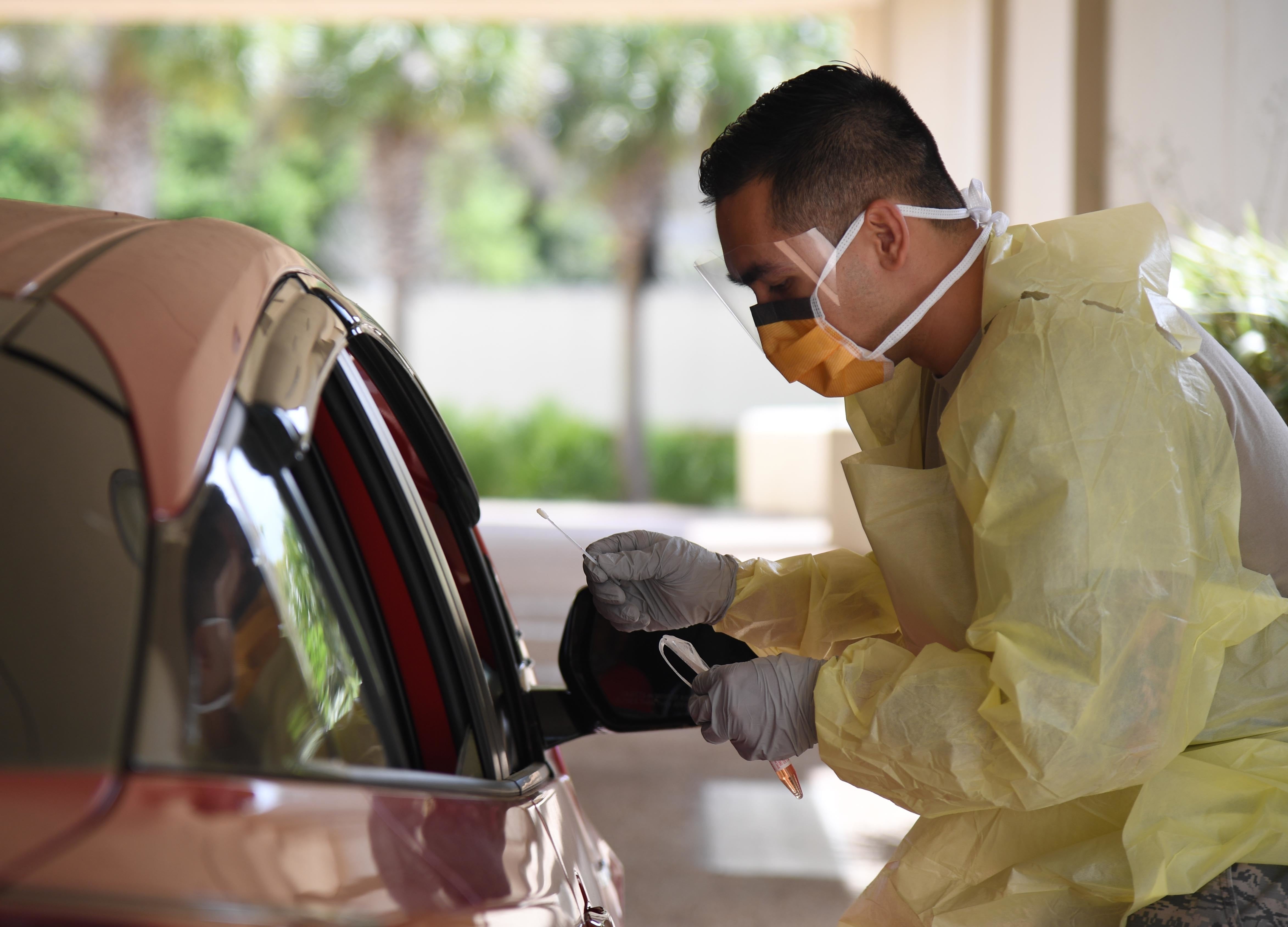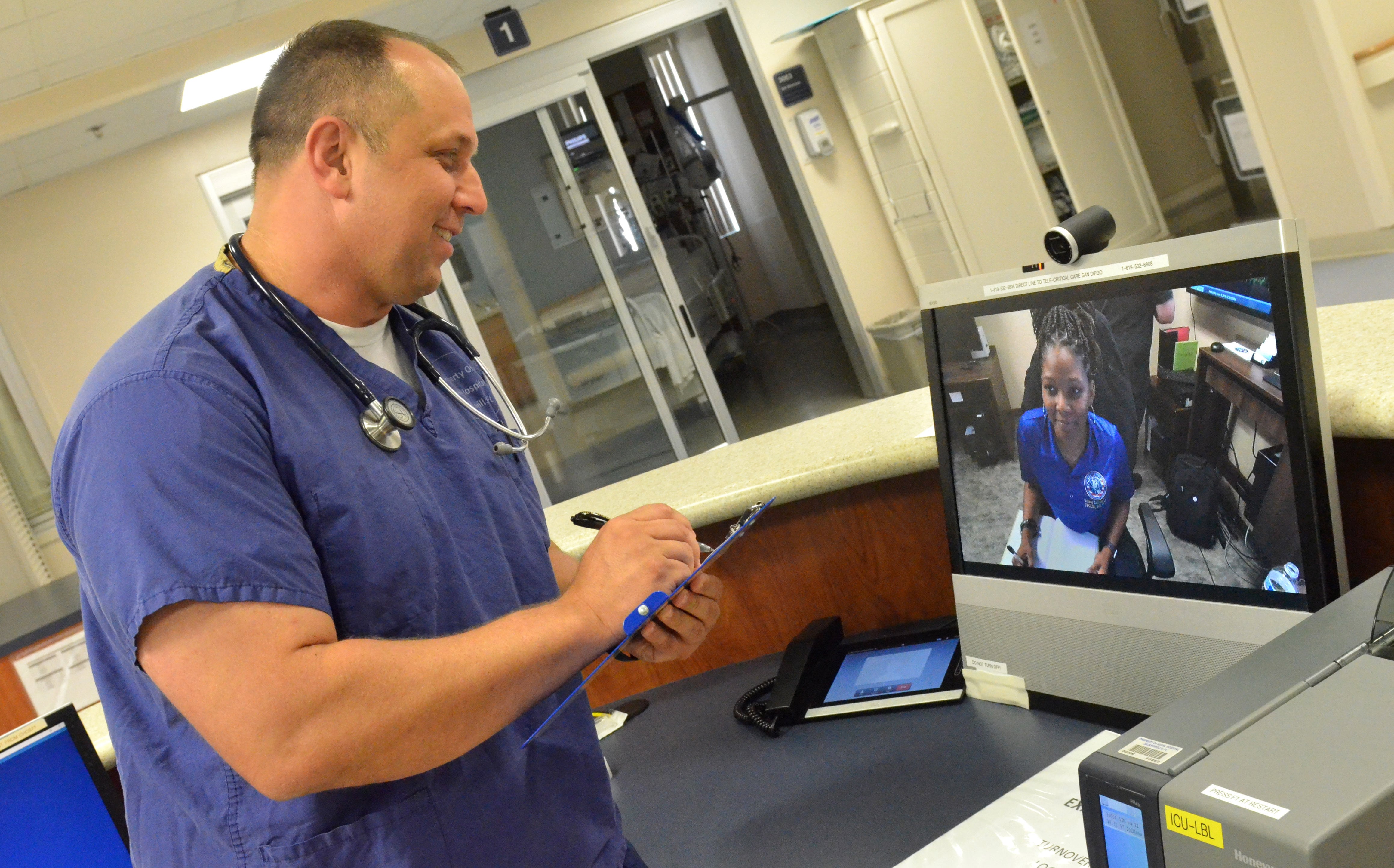Post-9/11 veterans battling substance abuse issues struggle to receive help for mental health challenges, which can lead to a troubling cycle of both problems worsening, according to new research released on Wednesday.
Experts said both sets of challenges are fixable, but only if veterans get professional treatment to work through the connected sets of issues.
“If you have substance use disorder, it is very likely you also have a mental health disorder,” said Eric Pedersen, lead author of the new study from RAND. “But with treatment, veterans can significantly improve their symptoms, reduce their substance use behaviors, and achieve an overall sense of well being.”
RELATED

An estimated 11 to 25 percent of post-9/11 veterans are dealing with some sort of substance abuse disorder, including excessive alcohol use, improper use of prescription drugs, or consumption of other illicit substances.
Up to 20 percent of those veterans suffer from post-traumatic stress disorder, and about 15 percent are dealing with depression. In numerous cases, veterans can be dealing with all three at the same time, complicating their emotional state and options for treatment.
The new study, conducted with officials from Wounded Warrior Project, was designed to identify gaps in veterans care. Although the study was focused on younger veterans, group officials believe the problems cut across all age groups.
“(This report) is a call to action, to help us figure out where we should be investing our dollars into providing this integrated type of treatment,” said Michael Richardson, WWP’s vice president of mental health. “Now we need to implement this, to break down the barriers and provide that access to this care.”
Researchers found that proximity to substance abuse treatment programs may not necessarily be a challenge. More than 88 percent of WWP members live within an hour drive of related services.
But access to that care is an issue. The report notes that many treatment facilities “require abstinence prior to admission, making many (veterans) ineligible for services.”
That could turn some veterans away from pursuing help before they even start.
RELATED

“If you do see veterans coming in to try to get treatment, and there’s a hard and fast rule around abstinence, that might be the kind of straw that breaks their backs,” said Terri Tanielian, senior behavioral scientist at RAND and a report co-author.
“They may say ‘I’m not going to actually engage, because I’m relying upon those drinks to be able to take the edge off so that I can go to sleep.’”
However, not addressing those problems can lead to worse health outcomes.
Researchers recommended more screening of veterans for co-occurring disorders, more treatment programs that target both substance abuse and mental health issues together, and providing patients with a clearer plan for recovery after relapses, to encourage their continued participation in those programs.
“Treatment providers should help veterans seek such care again without fear of stigma from others in treatment or from providers,” the report states. “Consistent outreach by facilities can make veterans aware of available treatment options, should they need to return to care.”
The full report will be made available on the RAND web site.
Leo covers Congress, Veterans Affairs and the White House for Military Times. He has covered Washington, D.C. since 2004, focusing on military personnel and veterans policies. His work has earned numerous honors, including a 2009 Polk award, a 2010 National Headliner Award, the IAVA Leadership in Journalism award and the VFW News Media award.





